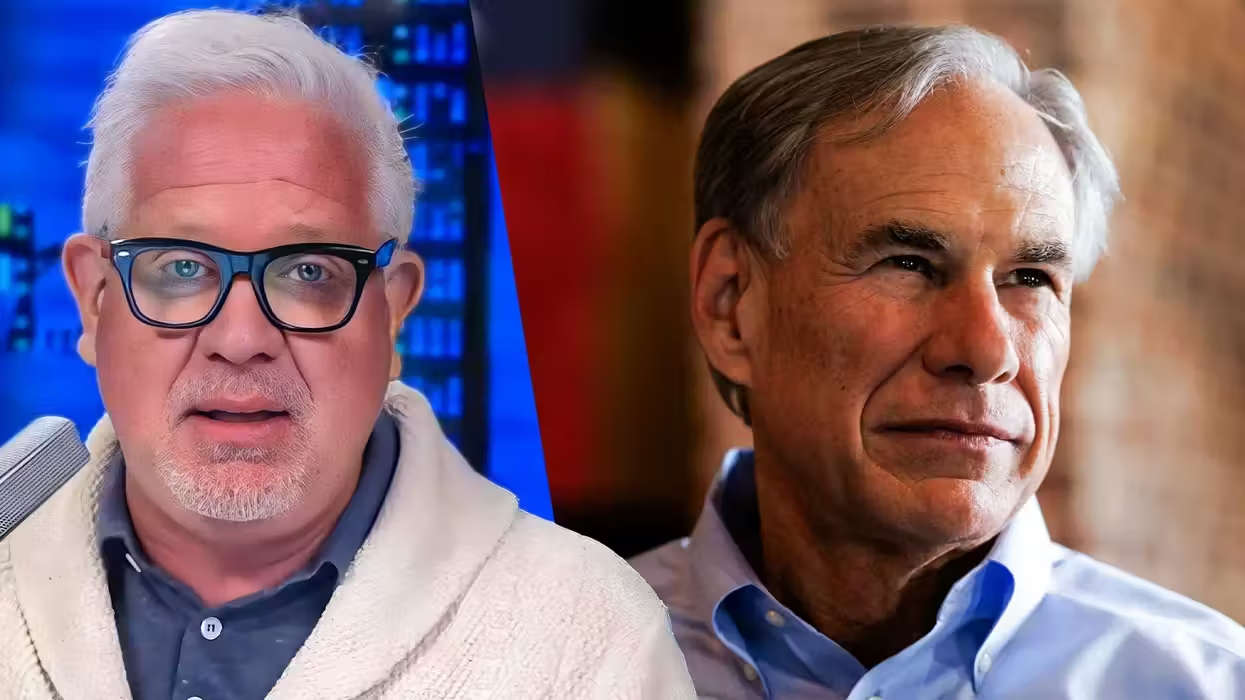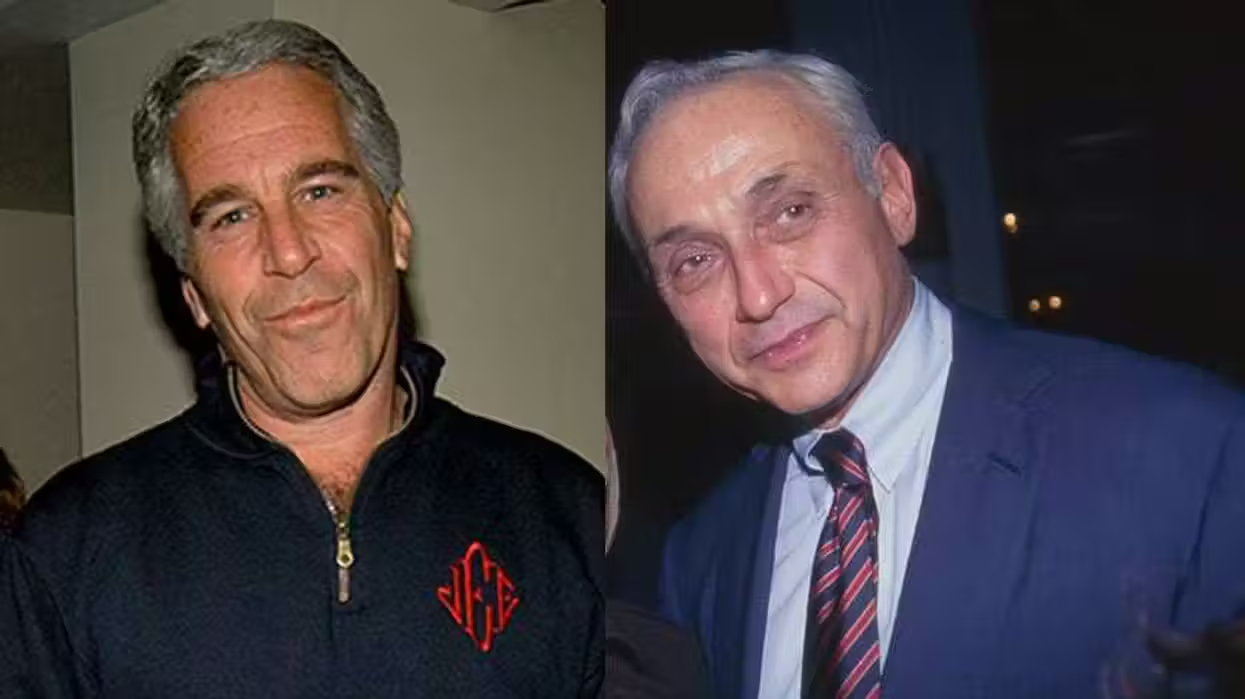
© 2026 Blaze Media LLC. All rights reserved.
White House spokesman Jay Carney said the case is part of the Obama administration's efforts to crack down on China's "unfair trade practices."
 WASHINGTON (The Blaze/AP) -- The United States has won a trade dispute with China over that country's treatment of foreign companies that process credit card payments and other electronic transactions.
WASHINGTON (The Blaze/AP) -- The United States has won a trade dispute with China over that country's treatment of foreign companies that process credit card payments and other electronic transactions.
U.S. officials said Monday that the ruling by the Geneva-based World Trade Organization (WTO) could allow American companies to enter China's $1 trillion electronic payments
market. The WTO adjudicates trade
disputes among its members.
Under WTO rules, China can appeal the decision. And even if it doesn't, China can take months to respond to the ruling. If it doesn't comply with the decision, the United States can impose retaliatory tariffs against China's exports.
But what started the dispute in the first place?
The United States had argued that China's government provides a domestic company, China Union Pay, with a monopoly over the processing of electronic payments. That discriminated against foreign companies and violated WTO rules.
The industry estimates that the ability to process China's electronic payment transactions could create 6,000 U.S. jobs.
With the economy weak and unemployment high, trade with China has become an issue in the presidential campaign.
Some manufacturing groups and unions have complained that China keeps its currency artificially low to gain a trade advantage. A cheaper currency, compared to the dollar, makes China's exports less expensive in the United States.
White House spokesman Jay Carney said the case is part of the Obama administration's efforts to crack down on China's "unfair trade practices." Carney said the Obama administration has brought twice as many complaints against China to the WTO as President George W. Bush did in his first 3 1/2 years in office.
And it makes sense: according to the president, China is one the serious “headwinds” facing our economy.
Mitt Romney, the presumptive GOP presidential nominee, has said the Obama administration's efforts haven't been enough. He has pledged to cite China as a currency manipulator on his first day in office, a move that would require negotiations between the two countries. If those talks didn't resolve the issue, trade sanctions could be imposed.
President Obama has recently charged that the private equity firm Romney once ran invested in companies that outsourced jobs to China. Romney responded Monday by saying the attacks are an attempt by Obama to distract from his "poor" record on the economy.
The Associated Press contributed to this report.
Want to leave a tip?
We answer to you. Help keep our content free of advertisers and big tech censorship by leaving a tip today.
Want to join the conversation?
Already a subscriber?
more stories
Sign up for the Blaze newsletter
By signing up, you agree to our Privacy Policy and Terms of Use, and agree to receive content that may sometimes include advertisements. You may opt out at any time.
Related Content
© 2026 Blaze Media LLC. All rights reserved.
Get the stories that matter most delivered directly to your inbox.
By signing up, you agree to our Privacy Policy and Terms of Use, and agree to receive content that may sometimes include advertisements. You may opt out at any time.






